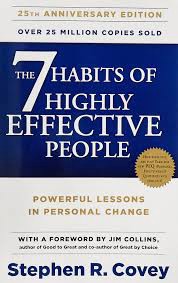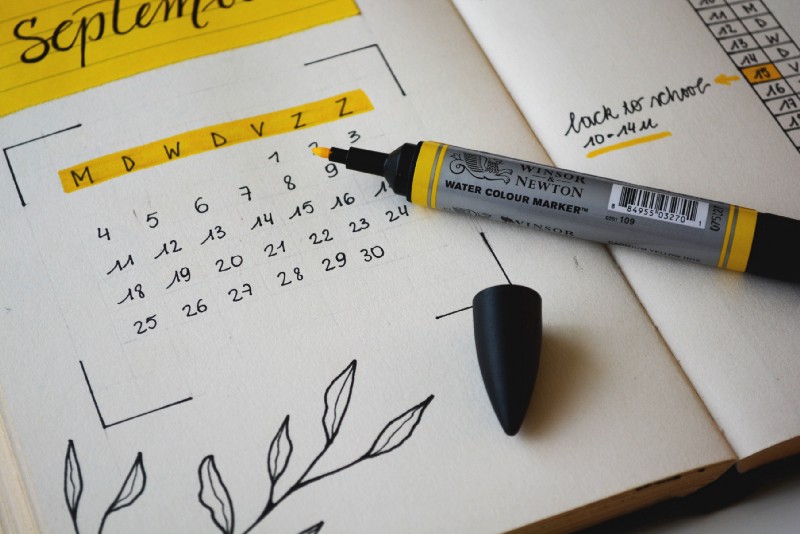The 7 Habits of Highly Effective People

I love books that are easy to recollect and are huge multipliers in your life. This classic book by Stephen Covey squarely falls in that category. Reading it is a one time investment that changes your outlook on a lot of habits in your life — and the secondary and tertiary order effects of that have a life-changing impact on you. You probably invest some of your time in building these habits — reading a book like this gives you a good framework to think about them.
The book is divided into three sections. The first three habits are internal. The next three are external, followed by the seventh habit which impacts all other habits. Before we get to habits, one idea that the author emphasizes throughout the book is what he calls the P-PC balance. P is Production, PC is Production Capacity. Effectiveness is balancing P with PC — obtaining the desirable results with taking care of the thing that produces those results. Don’t kill the Goose that Lays the Golden Eggs.
Independence
The first three habits are focussed on the mastery of your inner self.
- Be proactive: Focus on your Circle of Influence — things that you can actually do something about. Don’t sit and wait in reactive mode. Don’t let problems arise in your Circle of Concern before taking action.
- Begin with the end in mind: Write a personal mission statement. Envision what you want in the future, so you can work towards achieving it.
- Put first things first: Look at everything you do and split them into four buckets according to what’s important and what’s urgent. Put them on a 2x2 graph. Important and urgent activities (Quadrant I) get done right away, but we usually procrastinate or slip on Important and not urgent activities (Quadrant II), and instead tend to spend time doing Not Important and Urgent activities (Quadrant III). Don’t let this happen. Needless to say, don’t waste time on Not Important and Not Urgent activities (Quadrant IV).
Interdependence
The next three habits revolve around working with others.
- Think Win-Win (or no deal): Don’t go for Win-Lose, Lose-Win or Win solutions. There’s usually a third way which is mutually beneficial for both the parties, and you’ll have to work hard with the other person to come up with it.
- Seek first to understand, and then to be understood: Empathically listen to others to genuinely understand them. Once you do, they would be more receptive to return the favor and understand where you’re coming from. You have a running Emotional Bank Account with everyone — make sure you make regular deposits by demonstrating personal credibility.
- Synergize: Try to figure out how you can make 1+1 greater than 2. Combine the strengths of people, and see how they can complement each other.
Continuous Improvement
The last habit, Sharpen the Saw, is focussed on constantly becoming a better version of yourself. Exercise for physical renewal, meditate/read/write for mental renewal, serve society for spiritual renewal and work on your relationships for emotional renewal.
Conclusion
One of the things I liked about the book was how these seven habits flow into each other. To quote the author:
The more proactive you are (Habit 1), the more effectively you can exercise personal leadership (Habit 2) and management (Habit 3) in your life. The more effectively you manage your life (Habit 3), the more Quadrant II renewing activities you can do (Habit 7). The more you seek first to understand (Habit 5), the more effectively you can go for synergetic Win/Win solutions (Habits 4 and 6). The more you improve in any of the habits that lead to independence (Habits 1, 2, and 3), the more effective you will be in interdependent situations (Habits 4, 5, and 6). And renewal (Habit 7) is the process of renewing all the habits.
This is #3 in a series of book reviews published weekly on this site.
